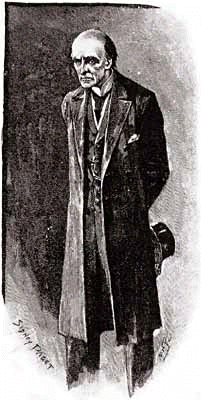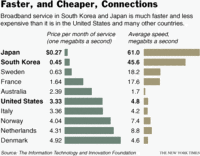“The House of Representatives is currently experiencing an extraordinarily high amount of e-mail traffic. The Write Your Representative function is therefore intermittently available. While we realize communicating to your Members of Congress is critical, we suggest attempting to do so at a later time, when demand is not so high. System engineers are working to resolve this issue and we appreciate your patience.”Oh, that other crash? They haven’t even figured out whether it’s real or not.— House limits constituent e-mails to prevent crash, By Jordy Yager, The Hill, Posted: 09/30/08 01:16 PM [ET]
-jsq


 Matt Blaze has been spreading the word about a forthcoming paper
by him and a Who’s Who of Internet security experts (Steve Bellovin and Matt Blaze are pictured to the right).
Matt Blaze has been spreading the word about a forthcoming paper
by him and a Who’s Who of Internet security experts (Steve Bellovin and Matt Blaze are pictured to the right).



